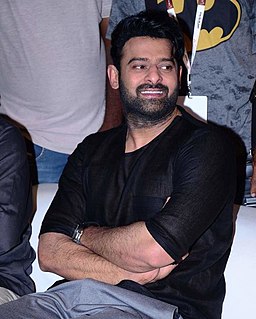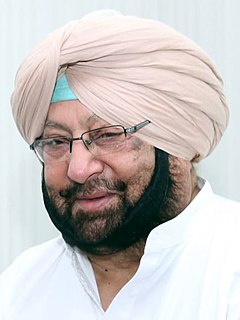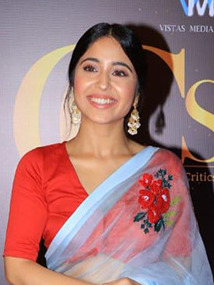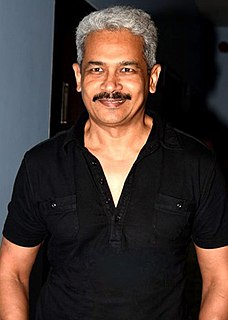A Quote by Rana Daggubati
'Baahubali' was really the film that broke most barriers of what regional cinema can do nationally.
Related Quotes
When we started work on 'Baahubali,' my sheer aim was to be able to live up to the imagination that Rajamouli sir had in mind. As an actor, my intention was to bring up 'Baahubali' live on screen for the audiences. I never even expected in my wildest of dreams that the film would grow on to become a phenomenon of sorts.
More than my other films, Uncle Boonmee is very much about cinema, that's also why it's personal. If you care to look, each reel of the film has a different style - acting style, lighting style, or cinematic references - but most of them reflect movies. I think that when you make a film about recollection and death, you have to consider that cinema is also dying - at least this kind of old cinema that nobody makes anymore.

































